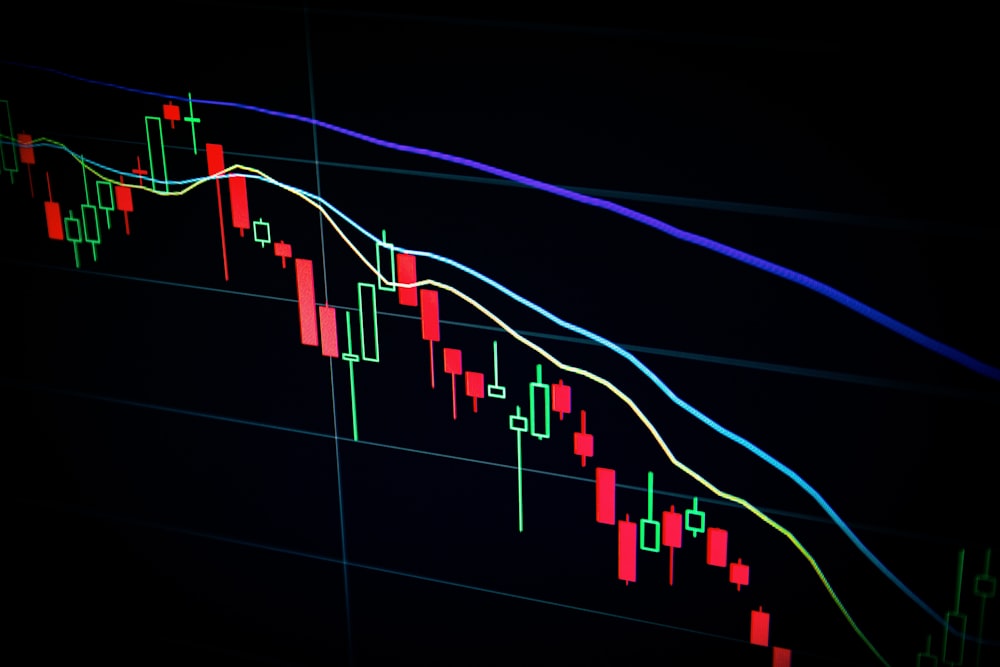Bitcoin’s rise can be attributed to a growing view of it as a viable savings technology that mirrors the characteristics of gold. Investors are increasingly considering Bitcoin an asset that can safeguard finances amid geopolitical tensions and inflation. As governments adopt expansive fiscal policies, such as those seen during former President Trump's administration, many individuals are looking for ways to protect their wealth against the risks associated with traditional fiat currencies.
In recent weeks, escalating government spending and the staggering national debt in the US, expected to surpass $37 trillion, have created apprehension among market participants. Notably, the bond market reacted sharply to these fiscal worries, with significant sell-offs leading to higher bond yields as investors sought compensation for increased risks. Saifedean Ammous, author of 'The Bitcoin Standard', echoed concerns about the sustainability of US fiscal policy, emphasizing the need for serious reforms to stabilize investor confidence.
While Bitcoin poses as a significant contender against traditional assets, analysts advise caution. Both El-Erian’s and Ammous’ insights highlight the evolving dynamics in asset allocation amid unpredictable economic contexts and heightened inflationary pressures. Investors interested in Bitcoin should remain informed and consider the ongoing market trends before making decisions.




